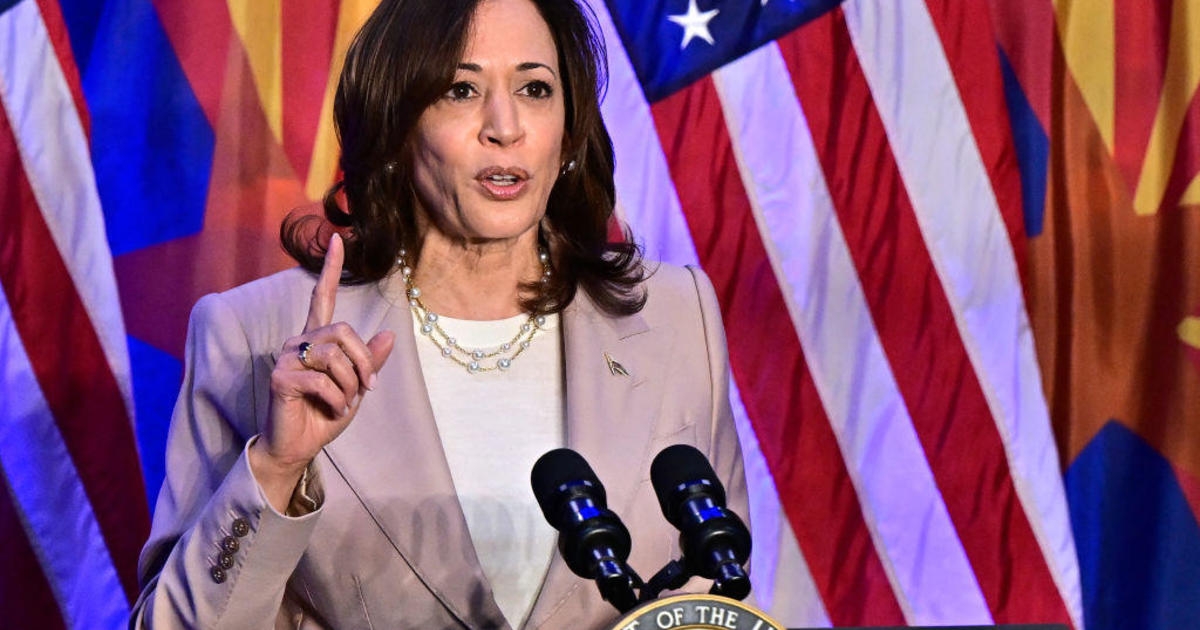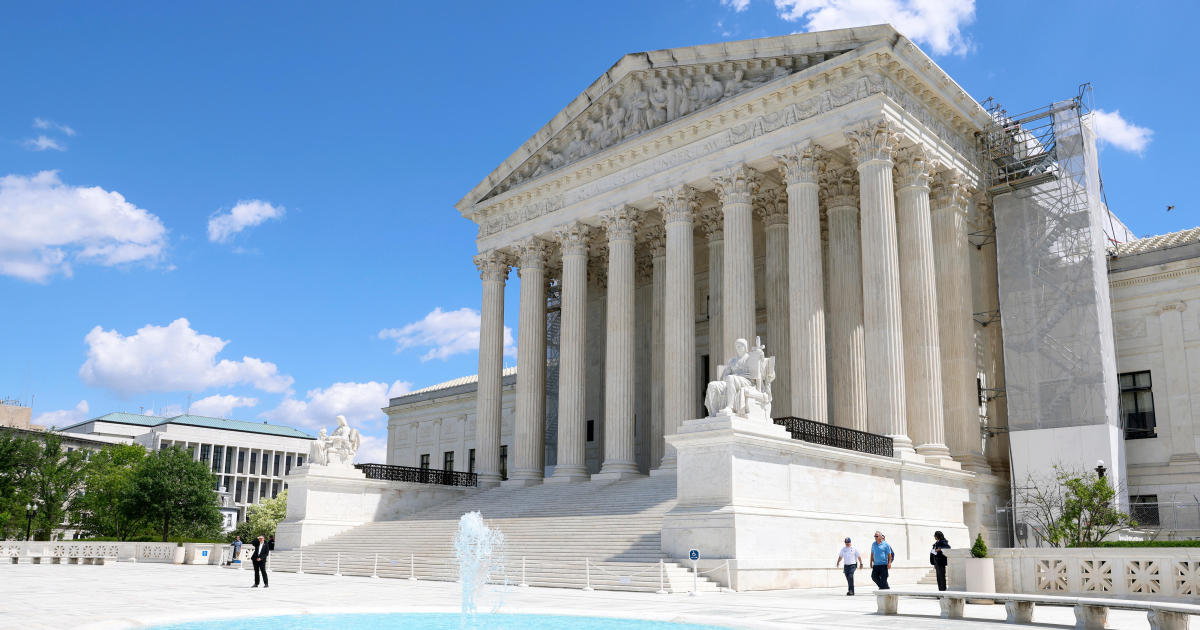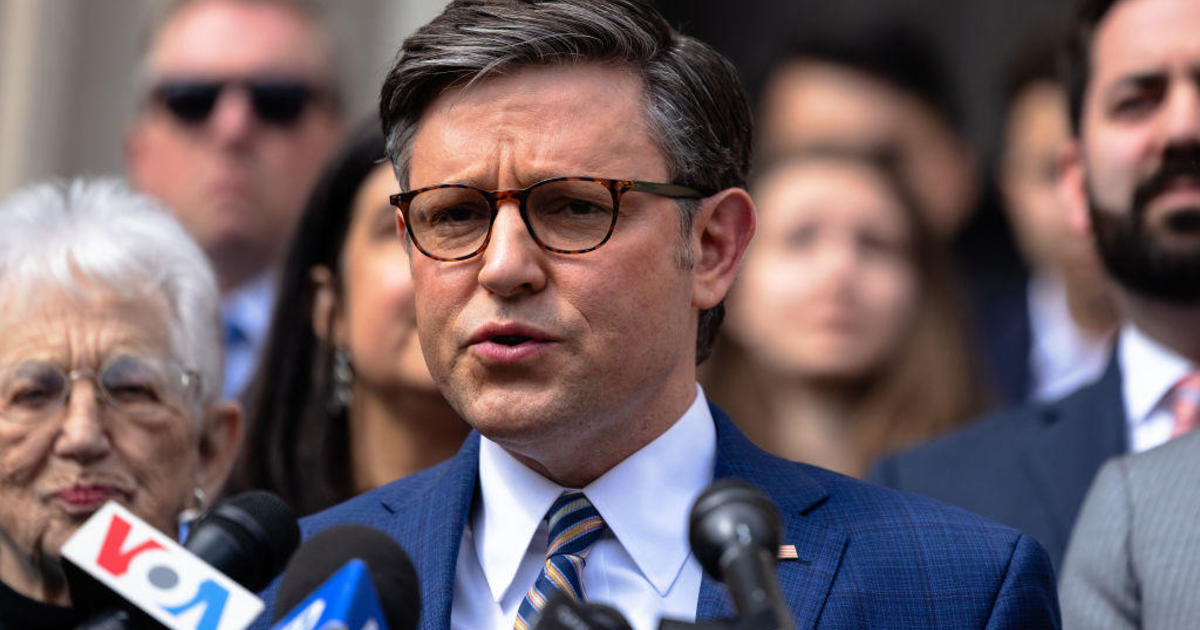De Blasio to unveil "most aggressive wealth tax" during debate
New York City Mayor Bill de Blasio plans to announce a tax reform plan in Wednesday night's debate that he'll tout as the most aggressive tax proposal of any presidential candidate in the race, according to spokesperson Jaclyn Rothenberg. The taxes would bring in an additional $1 trillion a year, she told CBS News.
He "would go farther than any other 2020 candidate to reshape society," Rothenberg said in a statement that took aim at progressive Sens. Elizabeth Warren's and Bernie Sanders' own tax plans.
De Blasio, who has been pitching himself as a candidate looking out for working people, has struggled to this point to attract attention amid the popularity of better-known populist candidates like Warren and Sanders.
This plan is in many ways an attempt by the New York mayor to go farther to the left than even those two, taking their ideas to a greater extreme.
Like Warren's plan, de Blasio's proposal calls for a wealth tax on, in Warren's words, "the diamonds, yachts and Rembrandts." But while Warren would levy a 2% tax on all assets of citizens worth over $50 billion and a 3% tax on assets above $1 billion, de Blasio would begin with a 1% wealth tax on people who have $10 million or more, 2% on those with over $25 million and 3% for those with over $100 million.
De Blasio's plan also adds a "Turncoat Tax" that would financially punish very wealthy Americans who try to avoid paying taxes by renouncing their citizenship. He would tax their assets at a rate of 40%, although it's not clear he could collect taxes from people who are no longer U.S. citizens. Warren would impose an "exit tax" on wealthy people who try to stash their assets in overseas accounts outside the U.S.
Warren said her wealth tax would raise $2.75 trillion over 10 years, while de Blasio said his will bring in $3 trillion.
De Blasio will also propose that the corporate alternative minimum tax be re-instituted. And he also wants the U.S. to impose higher income tax brackets and rates than currently exist. He wants to tax people making over $2 million a year at 60%, up from the 37% where it currently sits.
"While many of these revenue estimates are preliminary figures, it is clear that the de Blasio tax plan will not just raise revenues but restructure society," Rothenberg said.
De Blasio also plans to propose a Wall Street transaction tax, but his campaign said it would yield $1.5 trillion, almost a trillion less than a similar proposal made by Sanders in June.
The de Blasio plan also includes returning the corporate tax rate to what it was before President Trump's tax cuts were passed, a deviation from Warren's plan to create a new tax for massive corporations.
"Why not just raise the corporate tax rate instead of creating this new tax? The answer is that our corporate tax code is so littered with loopholes that simply raising the regular corporate tax rate alone is not enough," Warren wrote in her proposal.
Among the other proposals in his plan, de Blasio wants to increase the tax rate of S&P 500 CEOs and tax inheritances over $1 million as income.
De Blasio surprised many viewers in his last debate appearance with his aggressive New York style. But he has not yet qualified for the third round in September, and he won't unless he multiplies his individual donor count from June by 20 and sees a significant bump in his polling numbers.
"There's plenty of money in this country – it's just in the wrong hands," de Blasio has said throughout his campaign.
Now, he has one last chance to convince voters he could restructure the economy more effectively than Warren or Sanders.



